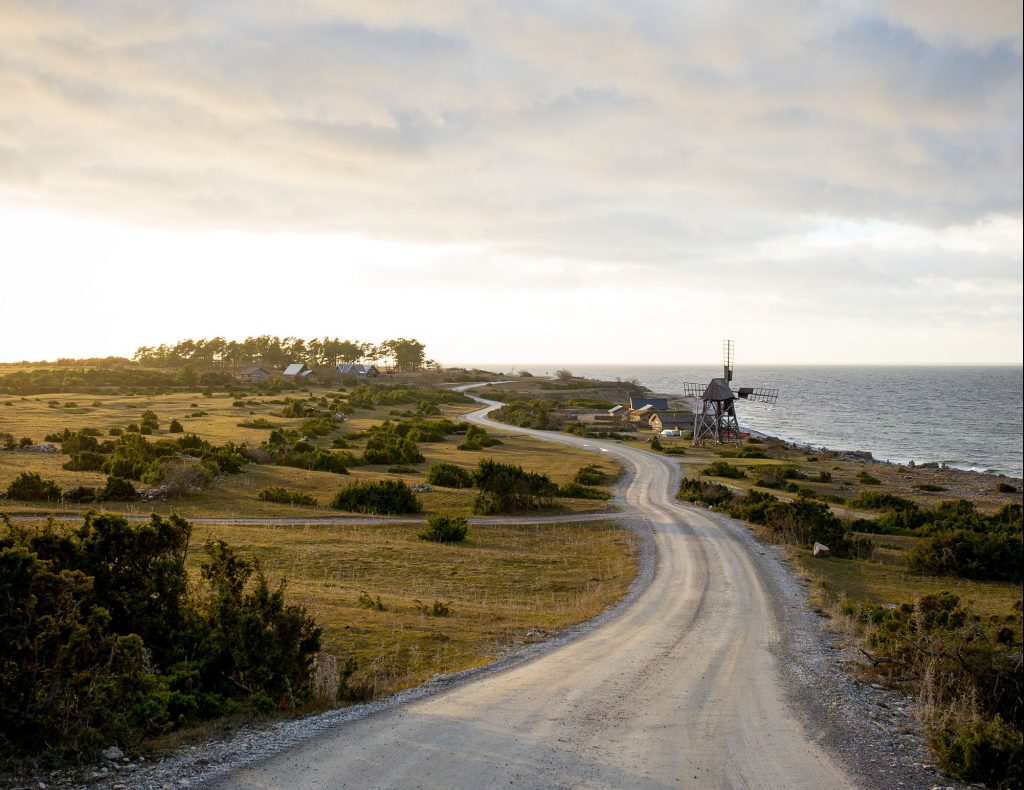Carbon-neutral Öland in Sweden
The island of Öland has a goal to become more carbon-neutral and participates in several projects to test the possibilities of more renewable energy sources.
Öland has an area of 1,342 square kilometers and is located in the Baltic Sea. The island has 26,000 inhabitants. The first step towards the transition to clean energy started with the establishment of wind power plants in the late 90ies - early 2000.
All electricity is produced by wind power plants on the island but there is also a small contribution from solar power grids. Additionally, the agricultural and food industry produces large quantities of the organic substrate that can be used for biogas production.
Together with other municipalities of Borgholm and Mörbylånga, Öland participates in the EU project which has a goal of reducing CO2 emissions. Previously Öland has participated in other EU projects, e.g. “Pact of islands making an Island Sustainable Energy Plan” pledging to reduce carbon dioxide emissions by 20 % compared to 1990 levels, the energy mix to consist of 20 % renewable energy and the total energy consumption will decrease by 20% by 2020.
Recently both municipalities in Öland also pledged to the UN project “Globala Sverige”, aiming to reach the Agenda 2030 goals, achieving sustainable development, both economically, socially and ecologically.
One more initiative on the island - a project about enhancing the knowledge and usage of PVs on public buildings on Öland. This was a part of an EU SMILE project (sustainable islands). As shown, solar PV panels could provide good long-term sustainable energy solutions for public buildings.
The continued lobbying on solar PVs among politicians to show the benefits and good examples from the nearby area have resulted in more panels being installed. The dialog with the politicians and officials at different levels within the municipality has therefore been effective, resulting in greater awareness. Also, a local capacity building workshop on energy efficiency in public buildings was organized together with Gotland representatives.
In Öland, the transport sector is still heavily dependent on fossil fuels. Most private cars, trucks, and heavy machinery within the agricultural sector are fuelled by gasoline and diesel. But the number of private cars using sustainable energy is increasing. Electricity and biogas are the main sustainable energy sources within the private transportation sector. Public transportation by bus has been completely transformed into sustainable fuel-based. The main fuel is biogas, but a small percentage is covered by HVO (hydrogenated vegetable oil).
Currently, there are two biogas companies that are working together in trying to establish biogas production on the island. There are fuel distributors that want to add fossil-free fuels to their supply. Solar panels are becoming a popular energy complement for private homeowners and the two municipalities. Therefore, the number of solar panels on buildings is steadily increasing.
Keywords: wind power, solar power, fossil fuels, biogas, public transport, sustainable fuels, tourism, in-port/export of electricity, Öland, Sweden
